Helping teenagers understand sexual orientation
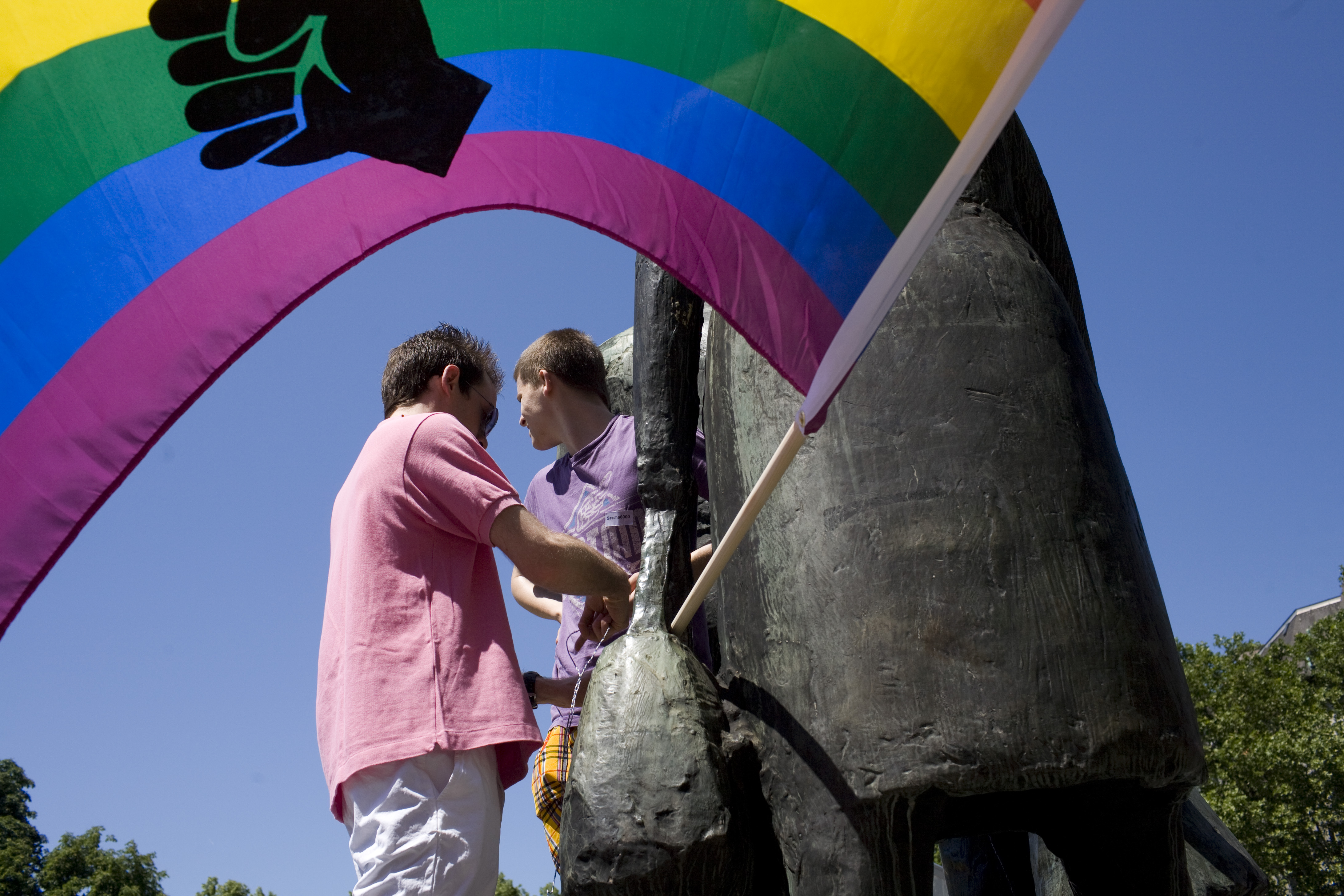
The theme of sexual orientation and homophobia is often still taboo in Swiss schools. Yet the problem is serious: gay youth attempt suicide much more often than their heterosexual schoolmates.
“The first time I heard about homosexuality I was quite young; it was when an uncle of mine came to a family occasion accompanied by another man”, explained a girl to her classmates.
“I must have been about ten, and it was with a schoolmate,” recalled another pupil. More dramatic is the story told by a young boy who grew up in an African country: “I was 13 years old and I witnessed the lynching of someone who was supposed to have ‘a devil in their body’.”
This late May afternoon, in a class at the St Imier vocational training centre in canton Bern, the talk is about homosexuality and homophobia.
Pascal Morier-Genoud, who has been involved in education on this topic in schools for the past ten years, is leading the discussion with the students, mostly aged 17 or 18. On this occasion he is joined by a young gay man.
“From childhood on we reproduce homophobic stereotypes without even being aware of them. The question of sexual orientation is something which will concern us all our lives. So it is essential that there is already awareness of this issue in school,” he said.
Awareness is all the more necessary given that one homosexual boy or girl in four attempts suicide, according to the most recent study on the issue, conducted in French-speaking Switzerland in 2000. This matches the findings of similar studies carried out in other countries.
Discrimination
The school environment plays an important role here.
“At school, being seen as different often leads to physical or verbal abuse. This concerns not only homosexuals, but even heterosexuals. It is enough just to be perceived as different. This lack of acceptance provokes stress and anxiety. As adults, our role is to protect children,” said Alicia Parel, recently-appointed national secretary of Pink Cross, the Swiss gay advocacy group.
When Morier-Genoud comes to the classroom, his aim is to question stereotypes and to talk openly about a topic which is still too often taboo. He also keeps in mind that in every class he speaks to there may be a boy or girl attracted to companions of the same sex and who is wondering about their own sexual orientation, but may not be finding answers.
“Is it true that homosexuals have a limitless desire for sex? Is homosexuality the same as paedophilia? In a homosexual couple, is there always one who acts the man and the other the woman?” Morier-Genoud is constantly dealing with these kinds of questions.
“No, practices involved in sexuality have nothing to do with sexual orientation. No, homosexuality and paedophilia are not to be confused, and anyway, did you know that nine paedophiles out of ten are heterosexual?,” he explained.
Morier-Genoud tried to make his listeners understand what a person with a different sexual orientation is facing.
“Try to think of what it means to work in a company where you are invited to staff parties and told ‘next time bring your partner, too’. And when you don’t, after four or five times they ask jokingly, ‘are you queer or what?’”
“Coming out is difficult, and it is all the more difficult because you are always starting over again. It’s enough just to change jobs. What would you think if, every time, you had to tell people around you that you were heterosexual?”
Fear of proselytising
Talking about these themes in schools is still problematic. “I come in only in the last two years of basic schooling (age 15-16) and then only at the request of the teacher,” said Morier-Genoud.
At times school administrators are afraid of being accused by parents of proselytising. Furthermore, there is a deep-rooted conviction that sexuality is a matter for the family. In recent months, there have been protests about a sex education project which is to be implemented from 2014 in all schools in German-speaking Switzerland.
“As long as we are afraid of seeming to proselytise and as long as people go on thinking that homosexuality is a disease transmitted by some mysterious virus, we will not solve any of the problems,” insisted Parel.
“Sexual orientation and gender identity are not something you choose, just as you do not choose your eye or skin colour. They are innate rather than acquired personal traits.”
Diversity in all its forms
One of the strategies to avoid unproductive controversy, said Parel, is not to concentrate exclusively on homophobia.
“The cantons of Geneva and Vaud have appointed an officer for issues of diversity and homophobia, whose mandate includes developing training modules for teachers. The advantage of this is that you can talk about diversity in all its forms: the fat, the thin, and so on. Everything, in fact, which makes school life more difficult for particular categories of people,” she said.
“To concentrate solely on the issue of homophobia does not make sense… We need to tackle diversity in a much broader perspective. Why leave out any children who are different in some way? They need our support too.”
From June 8-17, Zurich celebrated “Pride Week”, culminating in a public demonstration on June 16.
Another “Gay Pride” event is to be held on June 30 in Delémont, canton Jura.
In many countries, this kind of event is called a “march of pride”. In most cities in the world, they are held in May or June, in memory of the Stonewall riots in New York on June 28, 1969, regarded as the birthdate of gay liberation.
The year after the Stonewall riots, the Gay Liberation Front held a march from Greenwich Village to Central Park, in which 5,000 to 10,000 people took part.
From then on the holding of pride events has steadily increased. In Europe, the first march was held on April 29, 1972 in Münster, Germany. In Switzerland, the first took place in 1979 in Bern.
The acronym LGBTI is increasingly used to designate the gay and lesbian community as it is considered more inclusive than “homosexual”. L stands for Lesbian, G for gay, B for bisexual, T for transgender and I for intersexuals (such as hermaphrodites).
Every year the International LGBTI Association (ILGA) publishes a rating of the performance of European states as regards the rights of gay, lesbian, bisexual and transgender people, analysing 42 factors from political asylum to anti-discrimination laws, from recognition of families and unions to freedom of association.
Currently the best European country to live in for a homosexual is Britain (21 points out of 30). Then follow Germany and Spain (20 points), Sweden (18) and Belgium (17). Switzerland is only in 21st place, with 7 points.
Ten countries were given a minus ranking as they do not respect even the basic human rights standards. At the bottom of the classification are Moldavia and Russia (-4.5 points).
(Translated from Italian by Terence MacNamee)

In compliance with the JTI standards
More: SWI swissinfo.ch certified by the Journalism Trust Initiative
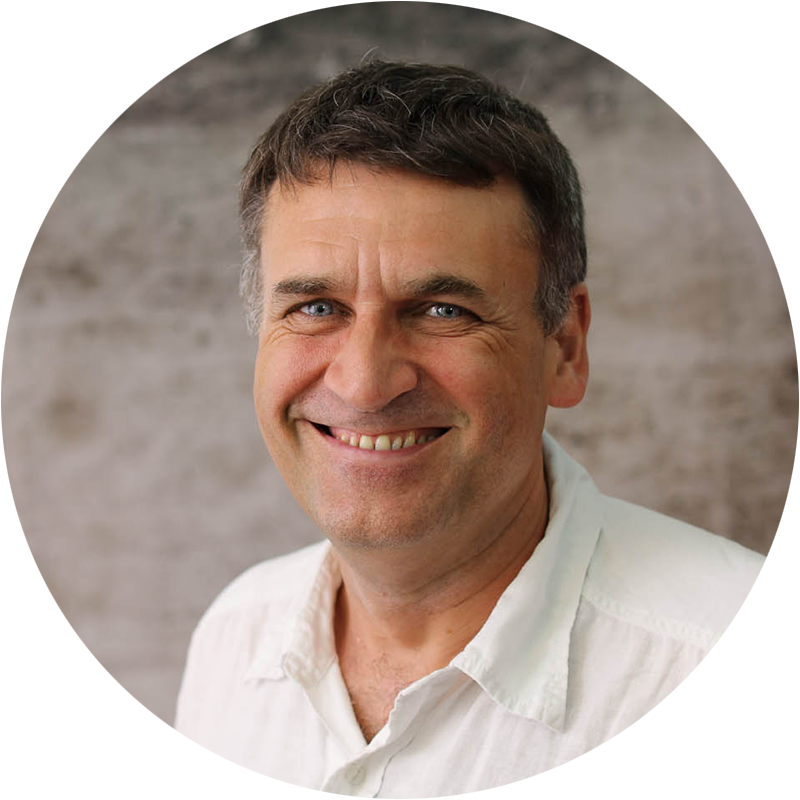
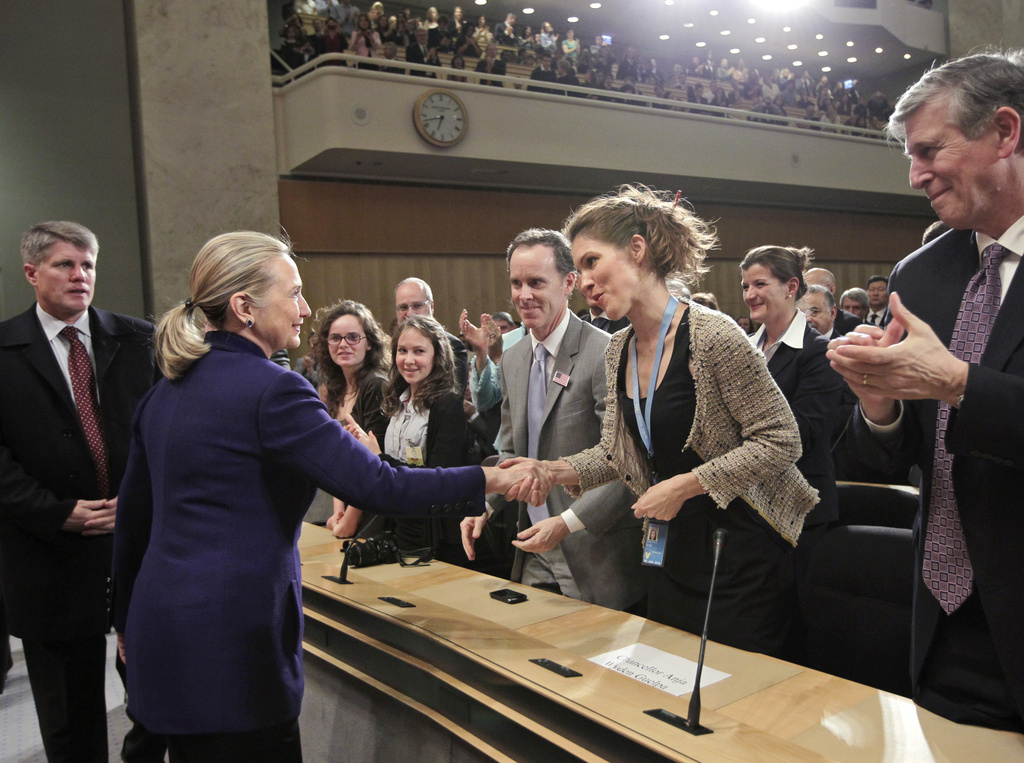
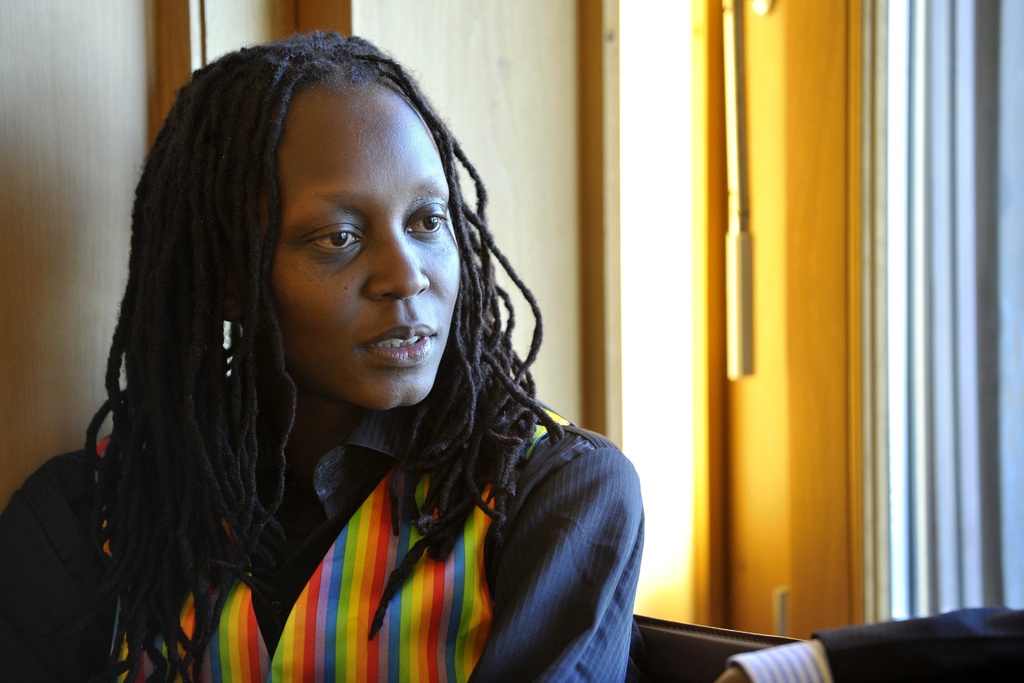
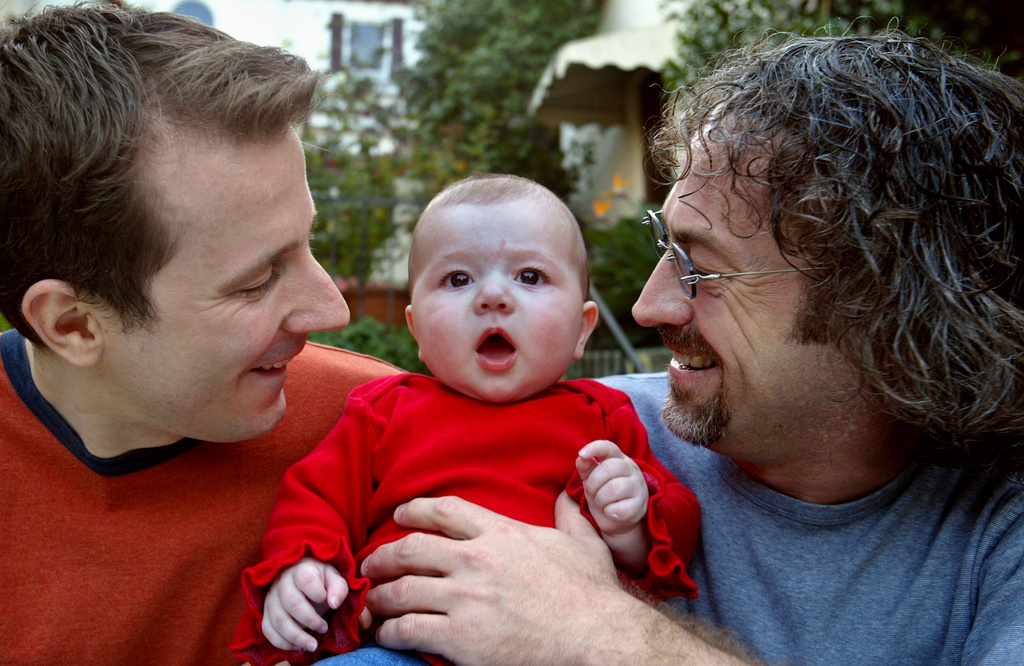
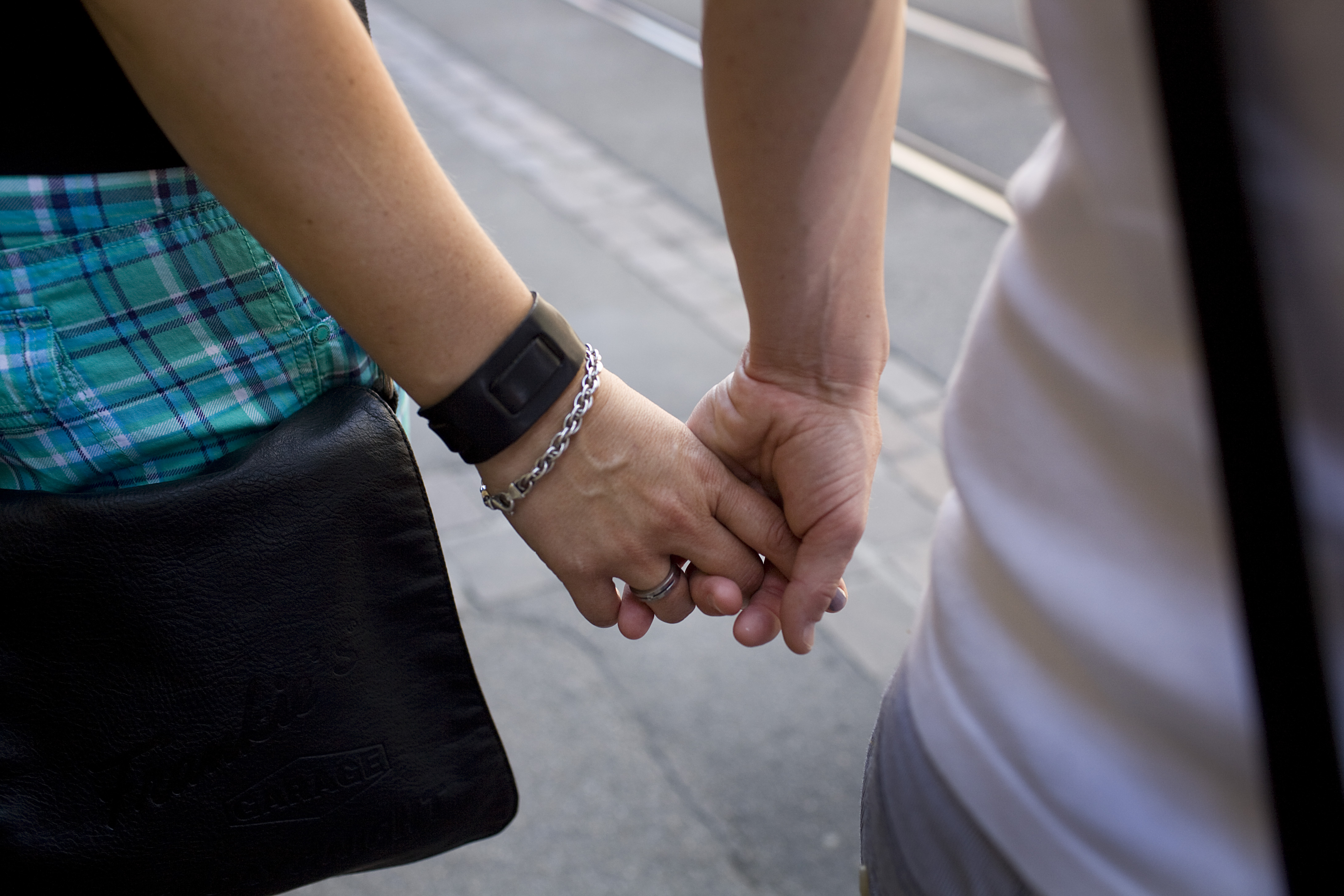
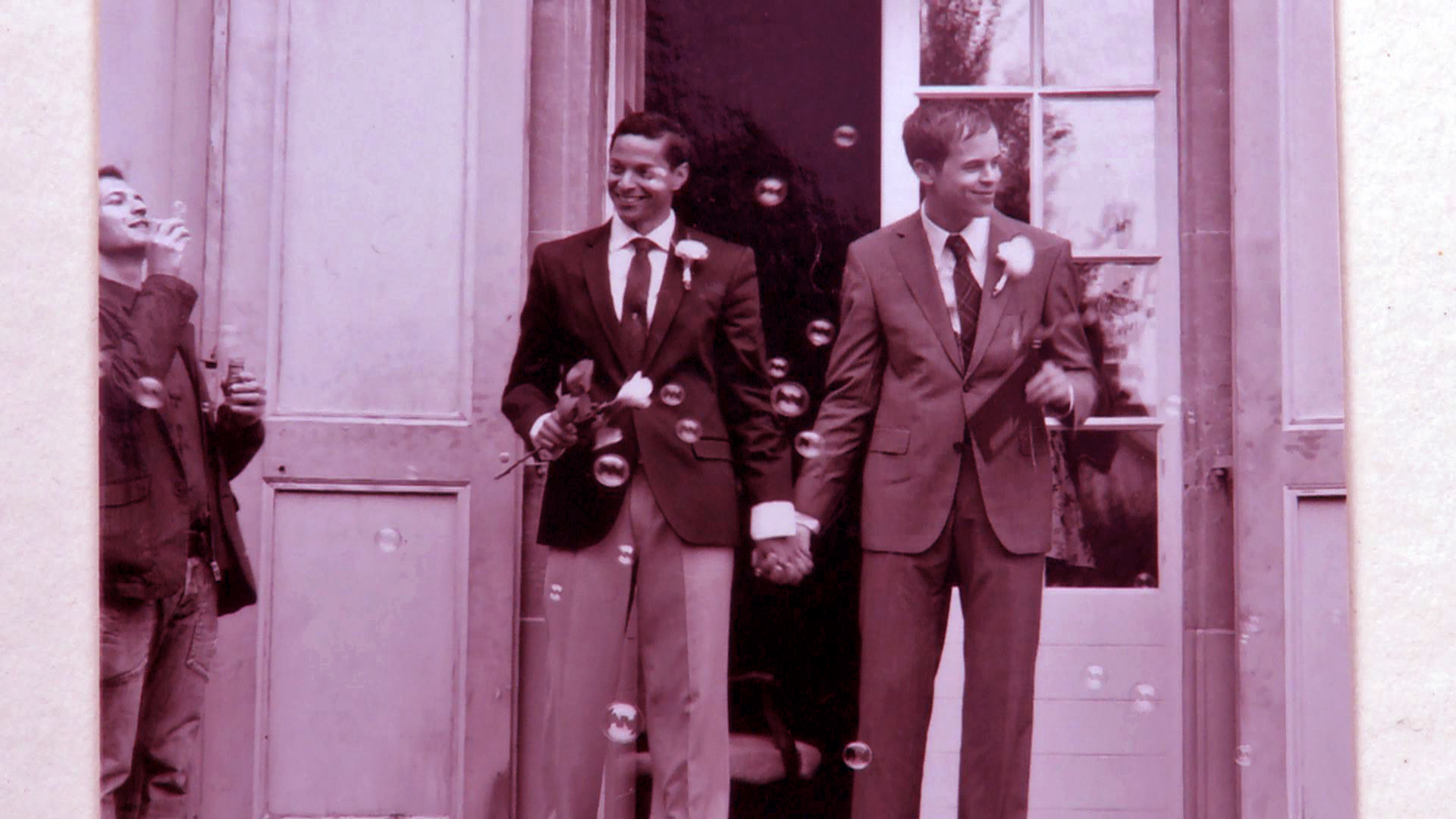
You can find an overview of ongoing debates with our journalists here. Please join us!
If you want to start a conversation about a topic raised in this article or want to report factual errors, email us at english@swissinfo.ch.